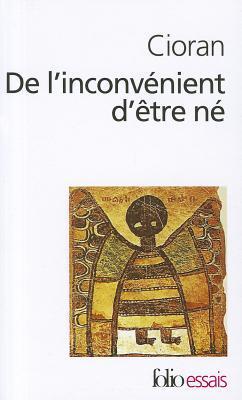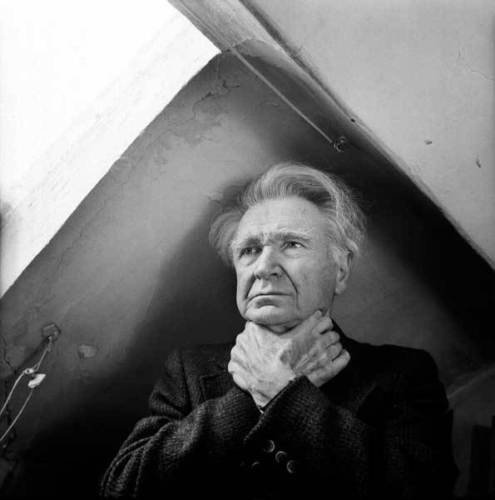What do you think?
Rate this book


244 pages, Mass Market Paperback
First published January 1, 1973

أنا لا أملك أيّ إنطباع بأني متشائم. لست مبالغا ، فما أقوله هو الصدق بعينه. ربما أنا أقبض بقوة على الواقع ، لكن لهذا تبريره ، فقد كتبت دائما في لحظات الضيق فقط ، حين تصبح هذه الكتابة شيئا من نوع العلاج ، وفق فهمي. لايكتب الإنسان حين تمتلكه الرغبة في الرقص. لكن هناك الذين - ولا أقصد الأساتذة الجامعيين وحدهم - هم قادرون على الكتابة في وضع محايد. عموما تكون الكتابة عديمة النفع لكن طالما لا أحد بمستطاعه أن يعمل شيئا لأيّّ أحد فهو يعمل ، وعلى الأقل ، شيئا لنفسه - ( يشفي نفسه ) ولو للحظة. الصفحات الأكثر قتامة التي كتبتها دفعتني فيما بعد الى الضحك. وعند قرائتها مرة أخرى تبدو باعثة على القنوط ، حينها أقوم بتعديل الأسلوب فقط وليس الأفكار. لو كنت متشائما حقا لما قرأتني أكثرية الناس ، بل هم يعتبروني ( مشجعا بالصورة الإيجابية ). أنا ُمحسِن بالغ الصغر. إلا أن دوائي لا يفيد كل واحد.
ــــــــــــــــــــــــــــــــــــــــ
That faint light in each of us which dates back to before our birth, to before all births, is what must be protected if we want to rejoin that remote glory from which we shall never know why we are separated. [157]Originally published in 1973 when E. M. Cioran was 62 years old, the book is divided into 12 sections. Much of the content is presented in an aphoristic form, although Cioran intersperses other types of entries throughout, to include anecdotes, personal notes, and diatribes. Cioran considered himself near or at the end of his career as he was writing the book (per one of the entries). So, if you’re going to read one of his books perhaps this is the best one to read, as it contains his reflections over a lifetime of work, observations, and ruminations.
Walking in a forest between two hedges of ferns transfigured by autumn—that is a triumph. What are ovations and applause beside it?
Hay ferocidad en todos los estados de ánimo, salvo en el de la alegría. La palabra ‘Schadenfreude’, alegría maligna, es un contrasentido. Hacer el mal constituye un placer, no una alegría. La alegría, única victoria sobre el mundo, es pura en su esencia; es, por tanto, irreductible al placer, sospechoso siempre, en sí mismo y en sus manifestaciones.
Empiezo y vuelvo a empezar una carta, no avanzo, me atasco, ¿qué decir y cómo? Ni siquiera sé ya a quién estaba dirigida. Sólo la pasión o el interés encuentran de inmediato el tono necesario. Por desgracia, el desapego es indiferencia para el lenguaje, insensibilidad frente a las palabras. Ahora bien, al perder el contacto con las palabras, se pierde el contacto con los seres.








